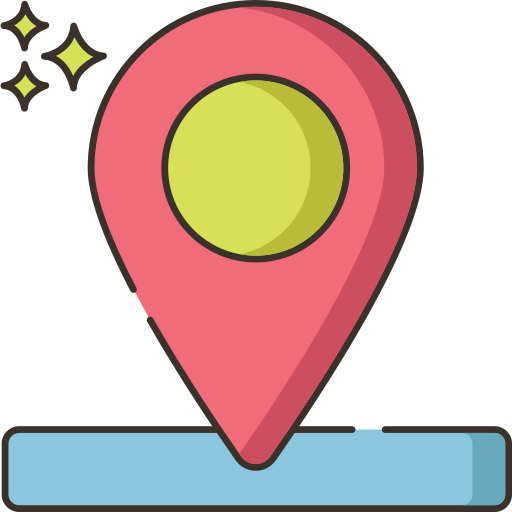Three Committed Professionals from education and social sectors share their experiences with Luxembourg’s fragmented autism support landscape. They report on overwhelmed parents, confusing structures, and the urgent need for a central information and advice hub.
While Luxembourg offers various support services for autistic people, navigating them can be overwhelming. Isabelle Marinov, Carla Carvalho, and Barbara Hippler, three women from different professional backgrounds, share their experiences and highlight the need for better networking.
The situation is often confusing for those affected and their families. How do you experience this in your daily work?
Isabelle Marinov knows the challenges firsthand: “I receive many inquiries from people who know someone with an autistic child or teenager and feel lost because they don’t know where to turn for help.”
Carla Carvalho, a social worker and administrative manager of an education and care service (SEA) for children, confirms this assessment. “With all these abbreviations and services, it’s hard to find your way around,” she explains. In her facility, the Incluso Service has been very helpful: “They provided us with simple, practical support.”
What support is already available?
“There are many resources available, but you have to discover them,” shares Isabelle Marinov. She herself received much information through the CHL after the first signs were detected in daycare. “We tried many different approaches back then, from equine therapy to music therapy, occupational therapy, psychomotor therapy, and Airtramp.”
Isabelle Marinov adds that administrative aspects also play a crucial role: “You need to take various steps to request support, whether it’s for a classroom assistant or specific accommodations.”
What would help improve the situation?
Barbara Hippler, a special education teacher, sees a concrete need for action in raising awareness: “It’s important to have information about autism with verbal and non-verbal communication, and to clarify terms like ‘sensory overload’ or ‘meltdown’.” She often uses Ella’s blog (🇩🇪) as a resource for educating parents and children.
Barbara Hippler sees value in regular autism group meetings: “It would be beneficial to bring different institutions together and exchange information about available support and how it could be improved.”
Carla Carvalho also emphasizes the importance of networking: “In my opinion, we need to work much more collaboratively.” Her wish is clear: “It would be fantastic if all information were available in one place, accessible to everyone.”
The experts in their field agree: a central point of contact and better networking could significantly facilitate access to information and support – both for those affected and their families, as well as for professionals.

